Packaging market sitting on a roundabout
At the moment the packaging market is shaped primarily by EU and domestic legal requirements. The most important regulatory factors include the PPWR (the EU’s new Packaging and Packaging Waste Regulation), EPR (extended producer responsibility), recycling and collection obligations, and restrictions on chemicals.
This article is available for reading in Trade magazin 2025/11.
This is accompanied by the SUP Directive, Regulation (EU) 2022/1616, the DRS (deposit return system) for beverage packaging and environmental product fee regulations, which together set the direction for the EU’s circular economy. Introduced in 2024, the EPR system has significantly increased the burden on manufacturers and distributors in the short term.

PPWR, entering into force in 2025, will establish a unified set of requirements across Europe
Sustainability breakthroughs

Zoltán Táborosi-Gál
head of vacuum forming division
Pro-Form
Due to Pro-Form Kft.’s energy-intensive production, the company has started to generate solar energy. Launched in the second half of 2024, their system will provide 25% of the company’s energy consumption and from 2026 they aim to cover peak demand entirely from renewable sources. The company’s waste heat recovery system has reduced their gas consumption by 70%.
“In addition to production based on renewable energy, our AI-powered enterprise management system takes our operations to a new level”,
informs head of vacuum forming division Zoltán Táborosi-Gál.
Pro-Form’s portfolio includes press- and vacuum-formed boxes, jars, dessert inserts and display elements made from high-PCR, recyclable materials. Hungary’s packaging industry is particularly vulnerable, as it is based on energy-intensive production processes and is heavily dependent on exports.
Environmentally conscious developments
Sustainability and environmental protection are at the heart of BS Plastic Kft.’s operations. For more than a decade, the company has been developing and manufacturing biopolymer-based products that fit perfectly into the circular economy theory. IT systems support the manufacturing processes, optimising production, reducing waste generation and recycling 100% of primary waste from the factory.
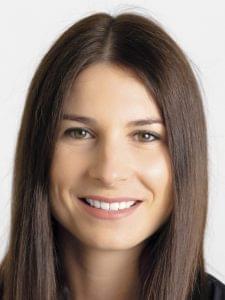
Kitti Büki-Kovács
head of marketing
BS Plastic
“We work in close cooperation with partners to design packaging, select the appropriate thickness and determine optimal use”,
underlines head of marketing Kitti Büki-Kovács.
Among BS Plastic’s films, BRC Packaging Materials certified options for food industry use and BIO-based products play an important role. Demand for sustainable packaging is growing fast, but consumer awareness is still underdeveloped. Many people still simply focus on “no plastic”, without considering the entire life cycle and environmental impact of the materials. The key to the future is data- and measurement-based decision-making.
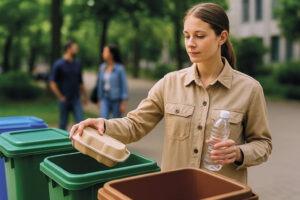
One of the key tasks in the near future is to make safe the use of recycled materials in the food industry
Green solutions
Energy efficiency and environmental consciousness are strategic goals for CSOM-2001 Kft. The tight labour market remains a challenge, but the company has managed to mitigate rising energy prices by installing solar panels. Plastic-free items such as paper cups, food boxes, salad and soup bowls, and palm leaf and wood fibre products are becoming an increasingly large part of their offering. By 2025 the company has integrated sustainability considerations into its systems.
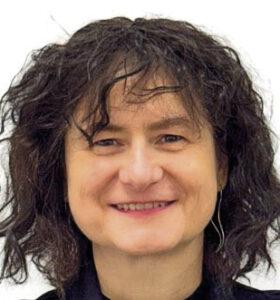
Edit Bánkuti
founder and managing directotő
CSOM-2001
“We present sustainable solutions that may be promising on the Hungarian market too”,
notes founder and managing director Edit Bánkuti.

Balázs Sipos
business development
manager
Sipospack
Sipospack has recently introduced mono-PE structures alongside mono-PP, which are fully recyclable. They have also started manufacturing zipper closures with their own extruders, thus offering special closure solutions.
“We offer partners sustainable and compostable materials, and we recycle our internal waste using our own regranulation equipment. Most of our production is covered by renewable energy”,
adds business development manager Balázs Sipos.
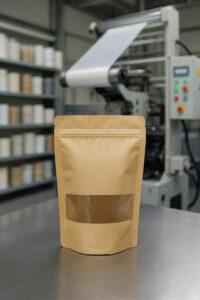
The demand for premium and convenience packaging has grown primarily due to the rise of e-commerce
Energy-efficient innovations
Krajcár Csomagolóanyagipari Kft. has achieved faster processing times by introducing digital printing, making the production of smaller batches competitive.
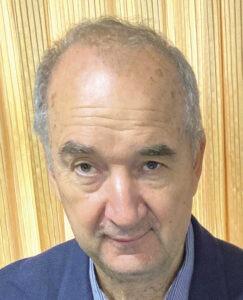
Zsolt Krajcár
managing director
Krajcár
“We develop and test recyclable materials under operating conditions, supported by actual fillings and measurements. This allows us to offer partners reliable, proven solutions that also meet PPWR requirements”,
emphasises general manager Zsolt Krajcár.
The company has developed doypack packaging that can withstand extreme conditions, remaining stable even in varying temperatures, high pH values or long transport distances.
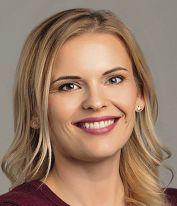
Zsófia Burai
sales manager
Greenstic
“Greenstic Kft.’s goal is to offer our customers environmentally friendly, recyclable or compostable alternatives in every product range. We also help our partners learn how to use these products correctly, as sustainability requires a change in mindset”,
explains sales manager Zsófia Burai.
The company entered a new era in 2025: Doremi Today, one of the largest Vegware distributors on the domestic market became a member of the Greenstic Europe group, further expanding its selection of sugarcane, PLA and PLA-coated products.
Related news
PwC Global CEO Survey: CEO confidence at a five-year low
🎧 Hallgasd a cikket: Lejátszás Szünet Folytatás Leállítás Nyelv: Auto…
Read more >Related news
The Store of the Future opens again at the SIRHA Budapest exhibition! (Part 1)
🎧 Hallgasd a cikket: Lejátszás Szünet Folytatás Leállítás Nyelv: Auto…
Read more >The impact of the forint exchange rate on GDP growth
🎧 Hallgasd a cikket: Lejátszás Szünet Folytatás Leállítás Nyelv: Auto…
Read more >







